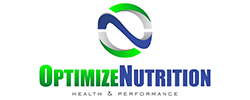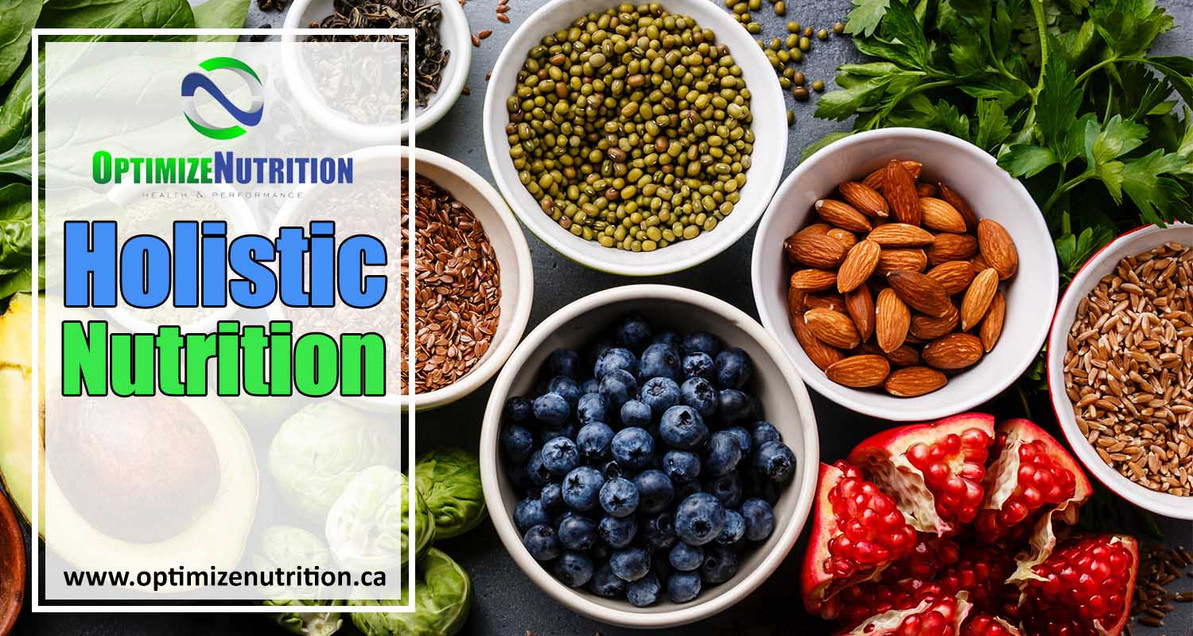What is A Holistic Nutritionist?
You may have heard the term “Holistic Nutritionist” before, and you may be confused as to what that actually means and what the difference is between a nutritionist and a dietician.
Holistic Nutrition
Holistic Nutrition is based on the philosophy that one’s health is an expression of the connection between the physical and chemical, mental and emotional, as well as spiritual and environmental aspects of one’s life. Health and healing are approached from a whole person perspective, and each person is seen as a unique individual and is not focused on one aspect or one-size-fits all methods. Using nutritional science, we evaluate health history, mental state, lifestyle habits and diet to determine the root cause of one’s issues. The goal is to educate and empower people to improve their health and well-being with whole, nutrient dense foods, natural supplements, and all-around lifestyle recommendations. We are not typically covered under medical benefits; however, some insurance plans are beginning to include it.
Dieticians
Registered Dieticians are required to complete a four-year degree including nutrition, general science, and agricultural science. The Canadian food guide is often used heavily as a tool in their practice. They often work in hospital settings or with doctors to create diets for patients. Because they are regulated, they are often covered by most insurance plans.
How Can We Help You?
It is important to note that we do not treat, cure, or heal any diseases and are not medical professionals. Many of us have a certain area in health we focus on with clients, but generally we help with the following:
- Chronic pain management
- Chronic fatigue
- Blood sugar imbalances
- Detoxification/cleansing
- Disease prevention
- Digestive issues
- Hormonal imbalances
- Mood imbalances
- Stress and sleep issues
- Weight loss/gain
- Nutrient deficiencies
- Immune health
Meetings with clients are usually referred to as “consultations”. Every practice will look a little different, but generally it involves a pre-consultation to determine what the clients’ needs are and if they are within our scope of practice. Referrals are used when necessary. In the first meeting (or prior to) you will be asked to sign liability waivers and fill out assessment forms to get a better picture of your health. Depending on the practitioner, usually a few follow up meetings will take place after you have been given your meal plan and recommendations. Once again, every practice is different, and this is just a general over-view of what a consultation is.
We are excited to work with you! Email us for a free consultation to see if we can help! coaching@optimizenutition.ca!
You can also sign up on our website Optimize Coaching
Recent Posts
-
Beat the Winter Blues: A Nutritionist’s Guide to Managing Seasonal Affective Disorder Naturally
As the days get shorter and temperatures drop, many people notice changes in mood, energy, sleep, an …Dec 12, 2025 -
Back to School: Sharpen Focus, Energize Learning
As the school season kicks off, it’s the perfect time to set students up for success—not just with s …Sep 02, 2025 -
Is Apple Cider Vinegar Really Good for You?
Exploring the Benefits of ACV (Featuring Filsingers Organic Apple Cider Vinegar & Suku Vitamins Appl …Jul 18, 2025




